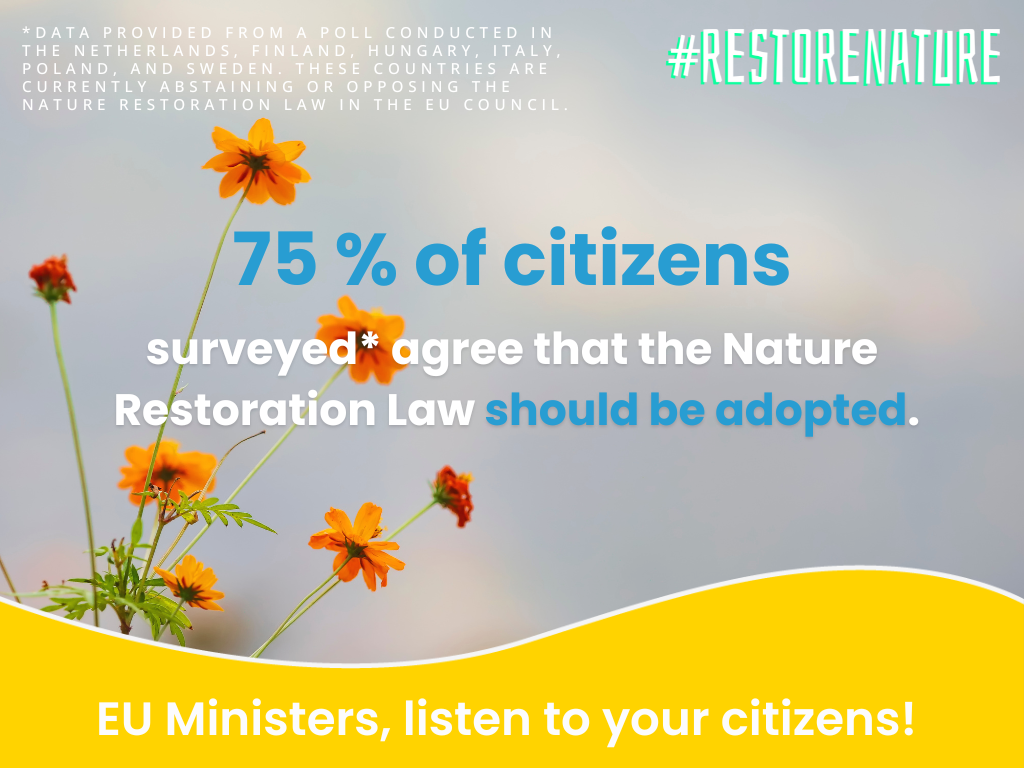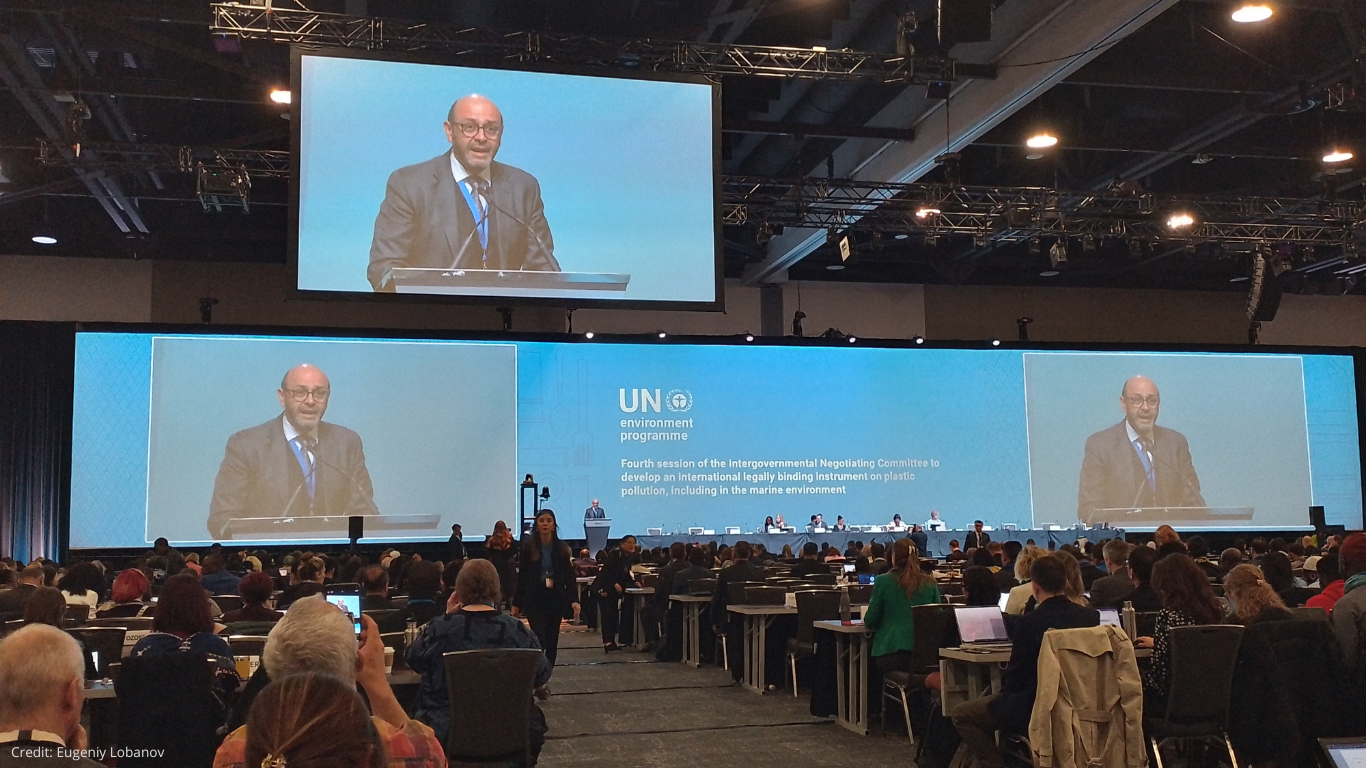The water agenda at the UN Climate Change Conference (COP28)
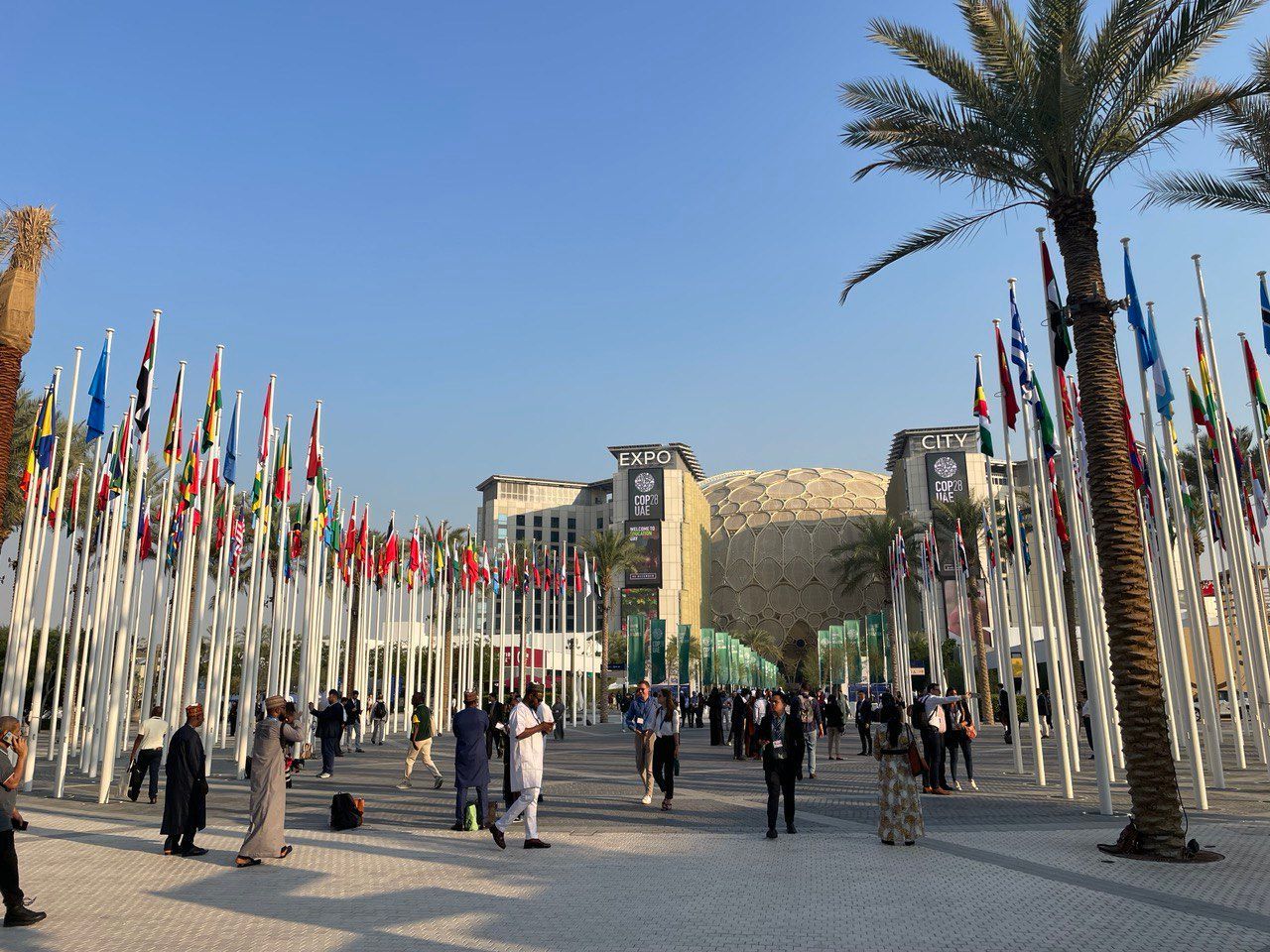
The UN defines the climate crisis primarily as a water crisis. We are feeling its effects in the form of increasing floods, rising sea levels, shrinking glaciers, forest fires, and droughts. According to the World Meteorological Organization (WMO)
Report on the State of World Water Resources for 2022, which contains an extensive assessment of global water resources, the hydrological cycle is out of balance as a result of climate change and human activities. Droughts, extreme rainfall, and other effects of climate change have a serious impact on life and the economy, threatening the long-term security of water resources for many millions of people. Despite the obvious link between water and climate policy, the water agenda has yet to be mentioned in the 2016 Paris Climate Agreement, and it is only in the last few years that the presence of water issues in the debates at annual climate conferences has gradually increased.
Learn more about climate change in the Baltic Sea region
here and
here.
COP28 was very promising for the global water community. Even though official documents do not contain significant formulations of the role of water in fighting climate change, nevertheless, we can identify a general trend toward increasing the importance of the role of water resources in the climate agenda. So at last year's COP 27 conference in Egypt, the topic of water was finally included in the main outcome document. During COP 28, water issues began to rise even more sharply. Can we expect progress in integrating water and climate policies? There are grounds for hope for this, the main results of COP 28 in the context of water issues are presented below. The topic of water was also discussed at high-level discussions, as well as side events in various pavilions. The two main points of attraction were "Water for Climate" and "Ocean" pavilions.
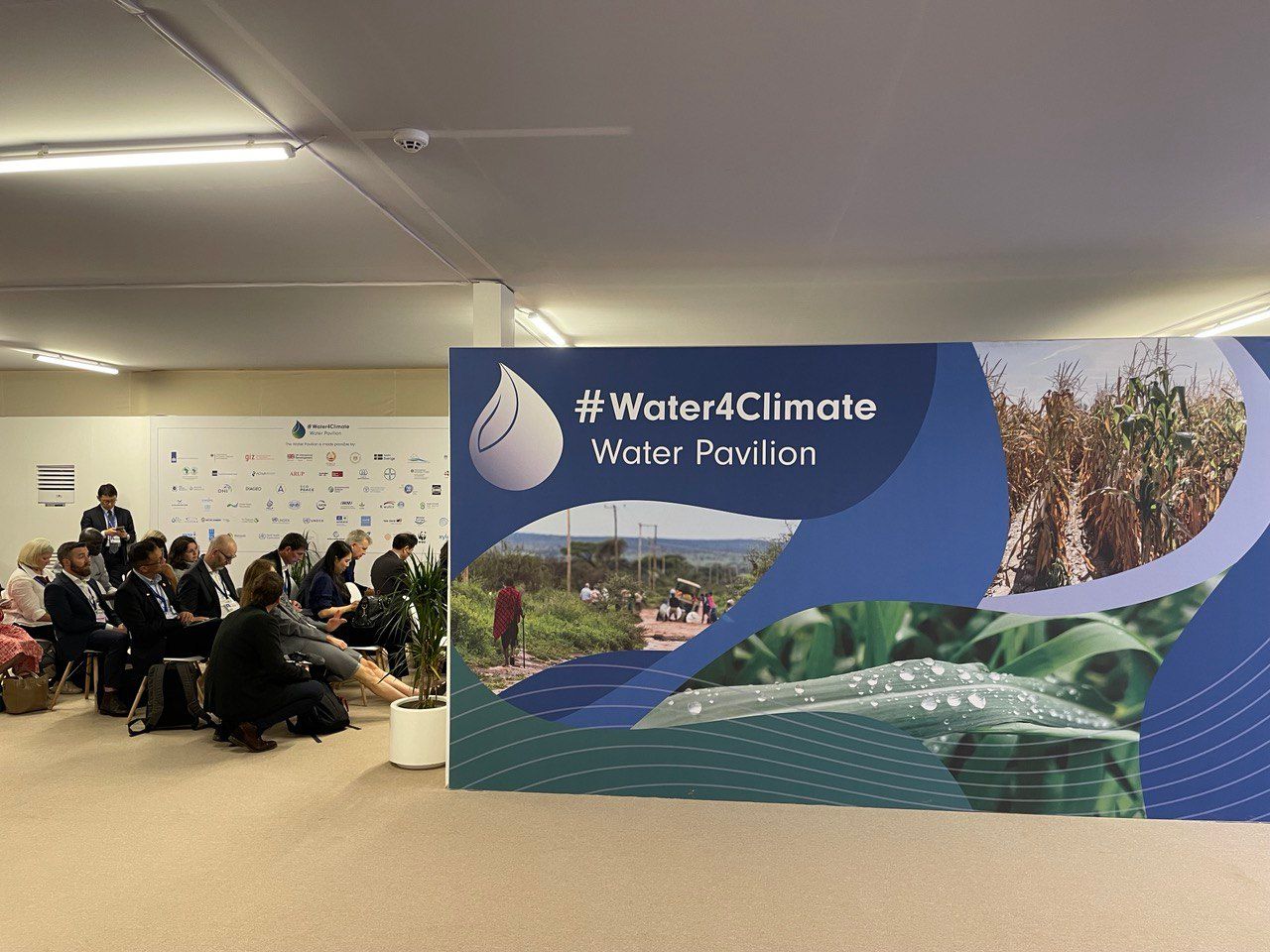
During high-level discussions held at
COP28 on the thematic days on Peace, Security, and Health and on Agriculture, Food, and Water, UNECE and its partners stressed the critical need for joint water management across borders at the center of climate change mitigation and adaptation. Key measures discussed include strengthened cooperation under the UN Water Convention. The Transboundary Water Cooperation Coalition, comprising over 40 governments and organizations published a new policy brief about transboundary risk management. Learn more
here.
UNECE Executive Secretary Tatiana Molcean stated: “Climate change is already having huge impacts on water resources, which for 153 countries worldwide are shared with their neighbors. I encourage all UN Member States to join the UN Water Convention and to catalyze climate change mitigation and adaptation efforts through transboundary water cooperation. This can benefit peace and stability, clean energy production, flood and drought resilience, sanitation, financing for adaptation in shared basins, and much more.”
This call was further reinforced by a
new analytical note published by the Coalition for Transboundary Water Cooperation, which includes more than 40 Governments and organizations. The summary shows how, through the exchange of hydrological and other data, countries can better understand and address transboundary risks, improve forecasting of extreme events, and coordinate their response to natural disasters. Find out more and read a brief overview of the policy
here.
As a result of the negotiations, the ocean became part of the COP 28 agreement for the first time. This is a significant achievement since the Paris Agreement and recognition of the important role of our ocean in the climate system. The world's oceans act as a carbon sink, absorbing carbon dioxide from the atmosphere, and we will not achieve our climate goals without protecting it.
The final text agreed at COP 28 notes “the importance of ensuring the integrity of all ecosystems, including [...]the ocean.” The text also invites parties to “conserve and restore oceans and coastal ecosystems and expand, if necessary, actions based on ocean mitigation capabilities.”
18 countries have signed the Joint Declaration on Ocean and Climate Action, which recognizes the urgent need for the sustainable management of 100% of the world's oceans under national jurisdiction, and they call on countries around the world to join commitments to preserve the long-term health and resilience of the ocean.
One of the most attended sessions in the program of the pavilion "Water for Climate" was the statement of Kazakhstan and France on the joint holding of the United Water Summit together with the UN General Assembly in September 2024. As Karin Gardes noted afterward, this event will serve as a natural bridge between events on next year's water agenda, such as World Water Week 2024 and COP29.
On Food, Agriculture, and Water Day at COP28 - December 10, 38 countries joined the Freshwater Challenge, the world's largest initiative to restore degraded rivers, lakes, and wetlands to protect and restore 30 percent of the planet's degraded freshwater ecosystems by 2030. The target announced at the UN Water Conference 2023 aims to restore more than 300,000 km of rivers and 350 million hectares of wetlands by 2030, or about 30% of the degraded freshwater ecosystems of the Earth.
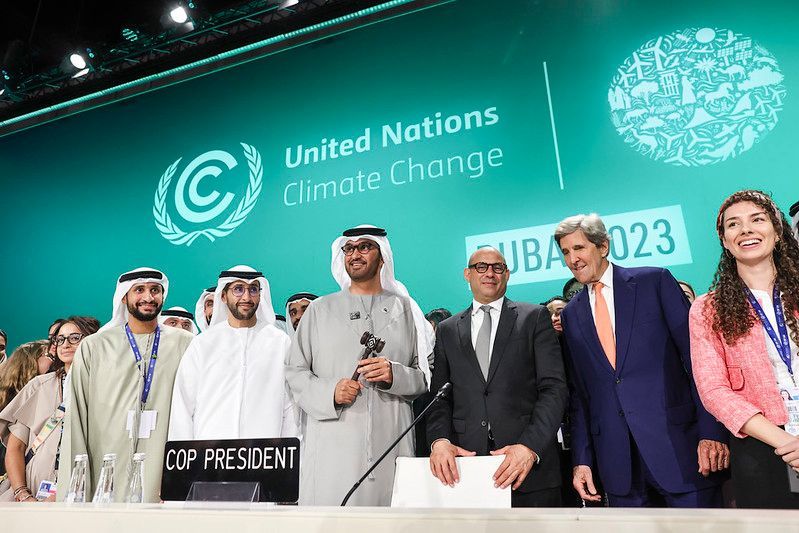
The main results of COP28 are the approval of
the Global Stocktake (GST), as well as
the Global Goal on Adaptation (GGA). Both of these documents include water issues.
The GST is an overall assessment of progress in the fight against climate change over the past seven years. The main conclusion is that despite the progress we have made, we are far from the goal of keeping the temperature rise within 1.5 °C. It is important for water and climate here that the preamble of the GST recognizes the crucial role of water systems and water-related ecosystems. In doing so, the GST followed the precedent set by the COP27 decision, which for the first time recognized the role of freshwater in fighting climate change.
The highlight of the conference was the adoption of the GGA structure. Global adaptation goals have been defined to increase resilience and reduce vulnerability to climate change worldwide. According to the results of COP28, water is listed as the first thematic goal in the GGA. This opens up additional opportunities to reduce vulnerability to the climate crisis, provided that the financing of adaptation projects is increased and the goals set are achieved.
Water resources, especially freshwater, are considered more likely to be a source of problems related to the effects of climate change, but water can and should be part of both mitigation and adaptation to climate change. The results of COP28 in this regard can hardly be called unambiguously successful, but it is safe to say that significant progress has been made in this over the past 2 years. We would like to believe that there will be an understanding and recognition that actions to fight climate change may ultimately be in vain if we do not give priority to water security issues.
***
Article written by Anna Ushakova, CCB Maritime Working Area Leader
